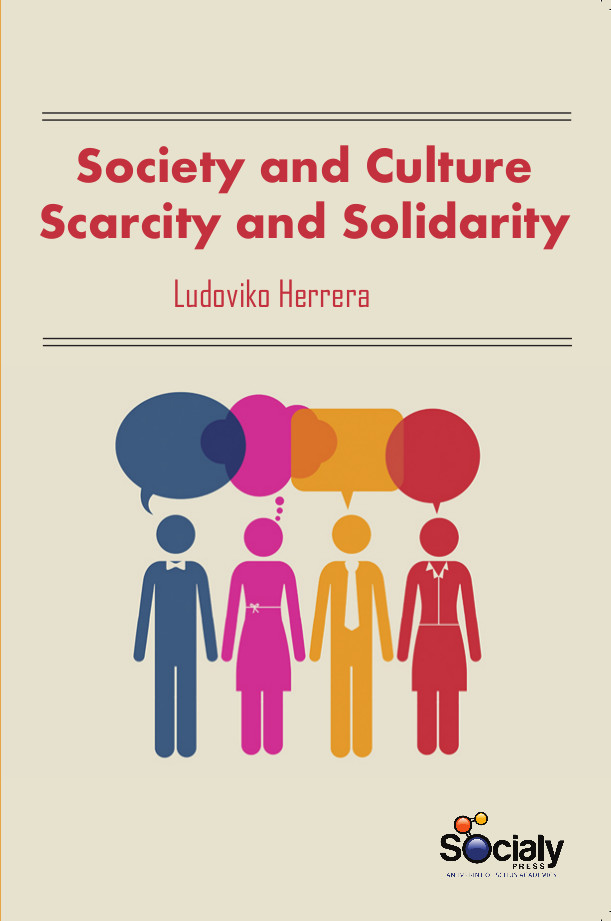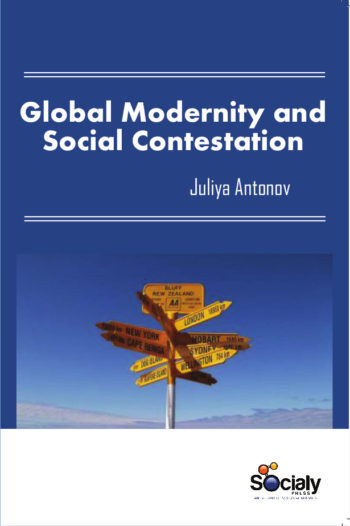Ever since the inception of the scientific discipline of sociology in the turbulent 19th century, solidarity has been among its founding concepts. As modern societies developed and were transformed through broad societal trends such as industrialization, individualization, globalization, migration, etc., sociologists have rethought and reformulated the concept of solidarity over and over again in a continued attempt to grasp the sources of social cohesion in rapidly changing societies. Solidarity covers a range of relationships, from political affiliation, commitment, and participation to identification, recognition, and cultural engagement, through to interpersonal constructions of intimate and emotional relations. In simpler societies, solidarity is usually based on kinship ties or familial networks. In more complex societies, solidarity is more organic, referring to the interdependence of the component parts. Thus, social solidarity is maintained in more complex societies through the interdependence of its component parts. Solidarity has yet another side: solidarity does not need to be imposed on a person from the outside, by means of violence. This virtue is born all by itself, spontaneously, from the heart. Solidarity has a curious absent presence in social theory and analysis. Whilst the concept of solidarity would seem to be a critical feature in any form of collective community, organization, or association, it is often used as either a descriptor or a characteristic of competing models of social cohesion and communality in society. It is regarded as a characteristic of societies or communities to be aspired to, rather than a central explanatory concept. Social and political theorists of society have used other concepts and ideas that do the work of providing the conceptual basis for explaining the way societies work and how they change.
Society and Culture: Scarcity and Solidarity aims to promote international studies and ideas of perspectives and research in the sometimes contradictory, sometimes conflicting areas of social differences and diversities and social cohesion and solidarity. In the context of a world
where religious, nationalist, ethnic, gender, and political differences appear prominent and deeply contested, strategic attempts at social solidarity, such as multiculturalism, are open to critical questioning. It seeks to provide argument and evidence that may also provoke thinking and action in the political domain.













